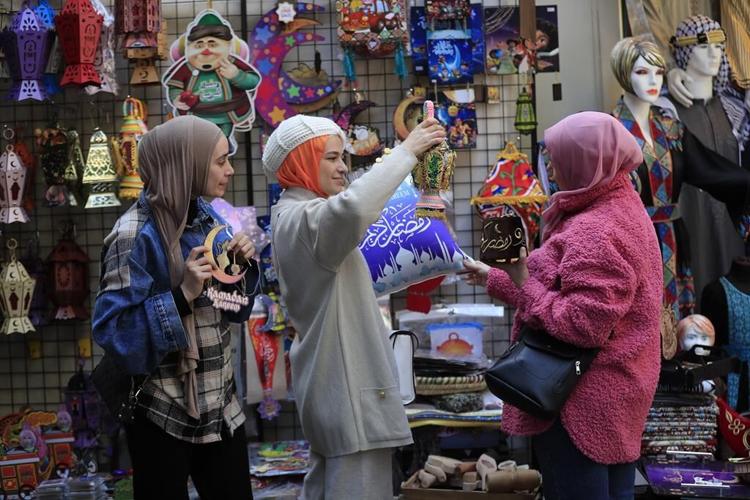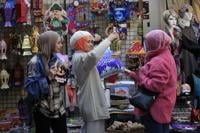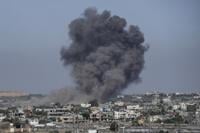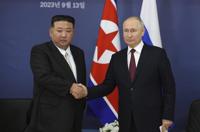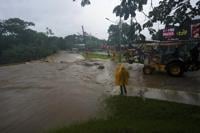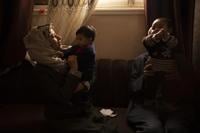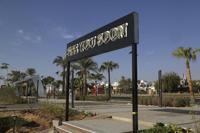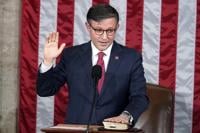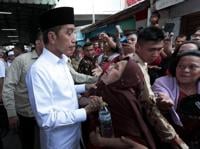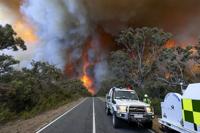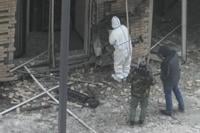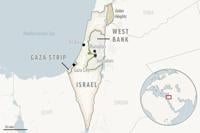BEIRUT (AP) — Protesters closed down major roads in parts of Lebanon on Tuesday after the Lebanese pound briefly hit a new low amid a historic economic crisis that seemingly has no end in sight.
The Lebanese pound lost more than 15% of its value on Tuesday alone, tanking to more than 140,000 pounds to the dollar. .
The small nation is in the grips of the worst economic and financial crisis in its modern history rooted in decades of corruption and mismanagement by a political class that has ruled the country since the end of the 1975-90 civil war.
The political class has been resisting . Since the economic meltdown began in October 2019, three-quarters of Lebanon’s population of over 6 million, including a million Syrian refugees, now live in poverty and inflation is soaring.
The official exchange rate is set by the central bank at 15,000 pounds for the U.S. dollar but the black market rate is now used for nearly all transactions.
Later on Tuesday, the central bank said it will be selling the U.S. dollar for 90,000 pounds and called on banks to end their strike and take part in the sale. After the statement was issued, the pound regained some of its value selling for 110,000 pounds to the dollar.
The Association of Banks in Lebanon announced Tuesday night that all lenders in the country will suspend the strike and resume work Wednesday.
Last month, after angry protesters smashed windows and set tires on fire outside two of the country’s biggest banks, both in Beirut.
Many gas stations, which have been changing their fuel prices several times a day, closed Tuesday amid calls to price oil products in U.S. dollars. Some pharmacies also closed because of the constantly changing exchange rate.
Around noon, angry protesters briefly closed roads in different parts of the country, including the main north-south highway, as well as others in Beirut and the eastern Bekaa Valley.
The crash of the pound comes days before the start of the Muslim holy month of Ramadan, when observant Muslims abstain from eating and drinking from dawn to dusk.
“The situation is very bad especially with the rise of the dollar. You cannot buy anything here," said Beirut resident Essam Rayes about the rising prices of food products.
The latest crash comes against the backdrop of an ongoing deadlock over the election of a new president, . Lebanon is being run by a caretaker government.
The striking banks reopened their doors in late February following caretaker Prime Minister Najib Mikati’s request to do so for people to retrieve their salaries. Last Tuesday, the banks shuttered their doors again and slammed Lebanon’s judiciary for not “correcting flaws” in recent lawsuits against them.
Lebanon has also stalled on implementing broad reforms agreed to with the International Monetary Fund to enable access to $3 billion in a bailout package and unlock funds in development aid to make the economy viable again.

